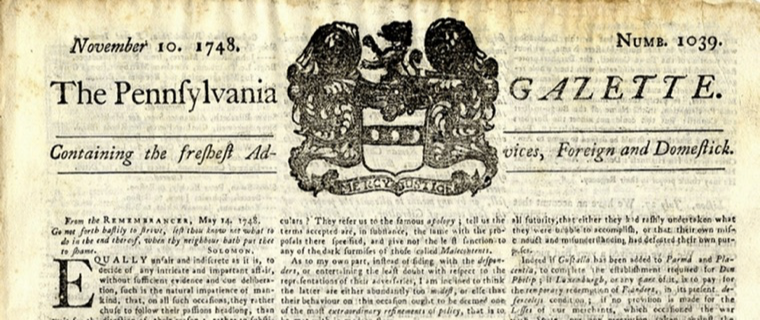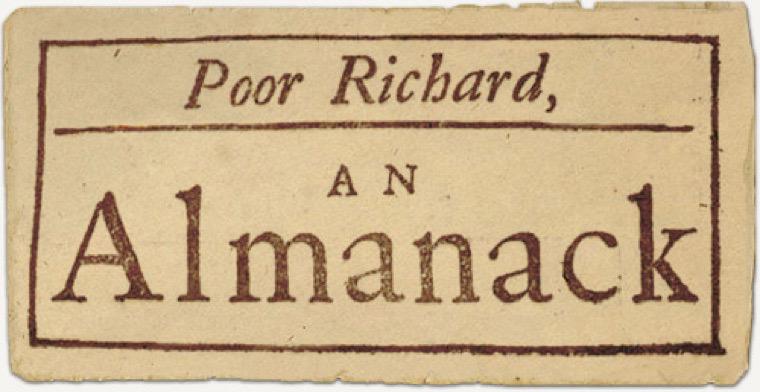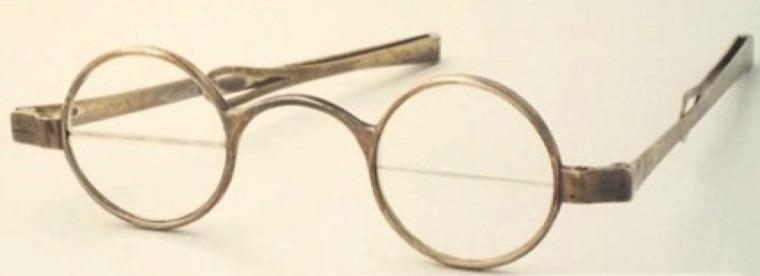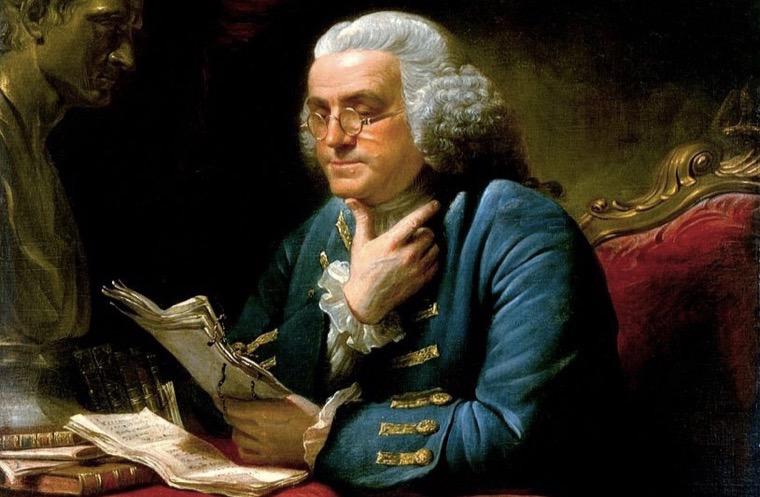Note: The members of the SmallBusiness.com fife and drum corps have declared their independence from the internet until Monday, July 6. Before marching out the door, however, we decided to leave you with something about our favorite American founding father and secular patron saint of American small business, Benjamin Franklin. Happy U.S. Independence Day.
At age 70 during the mid-summer of 1776, Benjamin Franklin was, by far, the oldest member of the committee of five–the men assigned by the Second Continental Congress to draft a declaration explaining why the American colonies were breaking away from the British Crown to create the United States of America.
Franklin would live to be 84 years old, a lifespan more typical of the 21st century than the 36-year life expectancy of the late 18th century. But Franklin seemed constantly to live in the future. In an era when wealth came primarily from birth or marriage, agriculture, the sea or was bestowed by the Crown, Franklin was able to put together an integrated network of urban businesses using a strategy that seems as “21st century” as any internet startup (but without a pitch deck to convince VCs he should be funded).
Even the rags-to-riches nature of Franklin’s rise seems in-sync with today’s American prototypical business-success dream story: He was the youngest son (and 15th child) born into a working class family. While having only two years of formal education, by his mid-40s he had made enough money to retire from his commercial endeavors and was well on his way to becoming the first North American-born colonialist to be known and admired for his inventiveness throughout Europe and beyond.
He was on his way to becoming America’s first worldwide rock star.
Here are some of the 21st century ways he used to accomplish such success.
He open-sourced all of his inventions
As we explained on a previous Independence Day, Franklin never patented any of his inventions, choosing rather to “open source” them (long before the term “open source” existed).
Why? In his autobiography, he wrote:
“As we enjoy great advantages from the inventions of others, we should be glad of an opportunity to serve others by any invention of ours; and this we should do freely and generously.”
(We’ve also shared Thomas Jefferson‘s attitude towards patents.)
He made his fortune from media

Franklin made his fortune by being an 18th century version of Michael Bloomberg or Ted Turner: By creating vertically integrated media and distribution businesses in which he had ownership or control of the creation, production and distribution of news and entertainment media, or what today some would call, “content.”
Much of his writing is still popular (they’re often used as 140-character tweets) as it was when he published it in Poor Richard’s Almanac. Indeed, Poor Richard’s Almanac was the BuzzFeed of his era. To keep his newspaper, the Pennsylvania Gazette, entertaining and lively, he would even write under various pseudonyms and personas to debate “with himself.”
He was a great blogger over 225 years before blogs were created.
He mastered the technology of his profession
Printing was the trade for which he first trained. His inventiveness and his knowledge of printing gave him a unique understanding of the role of both manufacturing and distribution of “content” — the business part of content. When he faced a business challenge, he did not see it merely in terms of a hurdle, but would approach it in the same way a developer today would view a “bug” — a glitch in need of a work-around or creative solution.
He mastered marketing

In his biography of Franklin, Walter Isaacson calls him “the country’s first unabashed public relations expert.” He not only was hard-working and down-to-earth, he inherently knew that he should make those practices a part of what today might be called, his “personal brand.” In his autobiography, Franklin said he “took care not only to be in reality industrious and frugal, but to avoid all appearances of the contrary.” He then goes on to describe his carefully cultivated image:
“I drest plainly; I was seen at no Places of idle Diversion; I never went out a-fishing or shooting; … and to show that I was not above my Business, I sometimes brought home the Paper I purchas’d at the Stores, thro’ the Streets on a Wheelbarrow.”
He mastered distribution
Postal service in the the colonies was greatly influenced by Benjamin Franklin who was appointed Postmaster of Philadelphia in 1737, Joint Postmaster General of the colonies for the Crown in 1753, and Postmaster for the United Colonies in 1775.
Through Franklin’s efforts, the length of time for mail service between major cities in the colonies was cut in half. While applying his intelligence and inventiveness to improving mail service, which benefitted everyone, historians have noted that his role as Postmaster of Philadelphia, helped him increase the circulation of his Pennsylvania Gazette as the position allowed him to easily deliver his newspaper via the city’s postal service. (The previous postmaster of Philadelphia was also a publisher and a competitor of Franklin.)
He created an “ecosystem” that supported his core business

Perhaps Franklin never saw the connections, but think about some of his best-known inventions, discoveries and civic service in the 18th century, and a 21st century understanding of what is now called an “ecosystem” will emerge: a quality core product, innovative manufacturing, new publishing formats and models (he missed by one day being publisher of the first magazine in the American colonies), the invention of bifocals, the creation of better ways to heat (the Franklin stove) and make homes more safe (lightening rods and the establishment of trained, volunteer firefighting units), lending libraries and more efficient postal service.
Franklin’s creative eye and inventive mind provided him the ability (perhaps sub-consciously) to identify the needs of his customers: the readers of his publications. He knew, for instance, that far-sightedness made reading difficult for aging eyes, so he created bifocals. And for evening reading, his “Franklin stove,” while never a successful venture for him, would usher in an era when warmer homes meant the ability to stay up and read publications like his Poor Richard’s Almanac by candlelight.
He created a model for business: Serve your community, and your world

Like small business owners today, Franklin understood the vital role community — both locally, regionally, nationally and worldwide — plays in success of all kinds. In his later life, his role in representing the fledgling United States to France, and the world beyond, helped spread the hope of a new form of liberty throughout the world.
Happy Independence Day!
Illustrations and art: Print by Currier & Ives.
Prints and Photographs Division of the Library of Congress, Wikimedia Commons.
Portrait by David Martin, 1767, Philadelphia Academy of Fine Arts.
